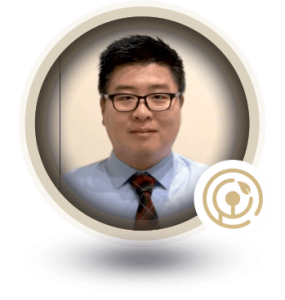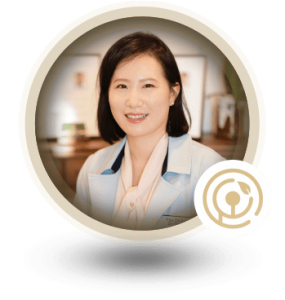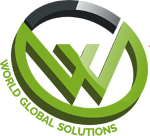Hayfever, also known as allergic rhinitis, is a common allergic reaction to pollen, dust, animal dander, and other airborne substances. It can cause symptoms such as sneezing, runny nose, itchy eyes, and congestion. Traditional Chinese Medicine (TCM) offers a holistic approach to treating hay fever by addressing the underlying imbalances in the body that contribute to the symptoms. In this blog post, we’ll take a closer look at how TCM can help with hayfever.
TCM considers hayfever to be caused by an imbalance of energy in the body, specifically the imbalance of the lung and spleen meridians. The lung meridian is responsible for breathing and the immune system, while the spleen meridian is responsible for digestion and the body’s ability to absorb nutrients. When these meridians are out of balance, it can cause the body to overreact to allergens, leading to hayfever symptoms.
Here are some of the TCM modalities that can be used to treat hayfever:
-
Acupuncture
Acupuncture is a key modality in TCM that involves inserting fine needles into specific points on the body to stimulate the flow of energy and promote healing. For hay fever, acupuncture can be used to stimulate the lung and spleen meridians, which can help to reduce inflammation, improve breathing, and boost the immune system. Acupuncture can also help to relieve stress, which can exacerbate hay fever symptoms.
-
Chinese Herbal Medicine
Chinese herbal medicine is another key modality in TCM that uses natural herbs to treat a wide range of health conditions, including hay fever. Herbal formulas are tailored to each individual’s specific symptoms and underlying imbalances. For hay fever, herbs such as Xanthium Fruit, Magnolia Flower, and Licorice Root can be used to reduce inflammation, relieve congestion, and improve breathing.
-
Cupping
Cupping is a therapy in which suction cups are placed on the skin to promote blood flow and healing. For hay fever, cupping can be used to relieve congestion and improve breathing by stimulating the lung and spleen meridians.
-
Dietary Therapy
Dietary therapy is an important aspect of TCM that involves eating foods that are appropriate for your individual constitution and health condition. For hayfever, it’s important to avoid foods that can exacerbate inflammation, such as dairy products, sugar, and processed foods. Instead, focus on eating foods that can reduce inflammation and boost the immune system, such as fresh fruits and vegetables, whole grains, and lean protein.
In conclusion, TCM offers a holistic approach to treating hayfever by addressing the underlying imbalances in the body that contribute to the symptoms. Acupuncture, Chinese herbal medicine, cupping, and dietary therapy can all be used to reduce inflammation, relieve congestion, and improve breathing. If you suffer from hayfever, it’s always a good idea to consult with a licensed TCM practitioner to develop a personalised treatment plan.






